IMAGINE A WORLD FORGIVEN
Think of us in this way, as servants of Christ and stewards of God’s mysteries.
Moreover, it is required of stewards that they should be found trustworthy.
- 1 Cor 4: 1-2
Pastor Erika Uthe, Assistant to the Bishop of Southeast Iowa Synod has prepared stewardship resources for us. The prayer of the Office of the Bishop is that this resource might spark imagination in our faith community about what it means to be stewards of God’s mysteries – and to be found trustworthy in them. Reflecting on our gospel reading from Matthew 1821-35 for this Sunday, Pastor Erika Uthe shares the following:
When I was younger and got in fights with my sister, my mom did not just make us apologize. We were made to ask each other for forgiveness. I found it terribly annoying because, like any sibling who fights, I wasn’t all that sorry nor did I think I had done anything that needed forgiving. With that being said, as an adult I am acutely aware that asking for forgiveness is immeasurably different from saying sorry, and am grateful that I had so much practice simply saying the words, “Please forgive me.” Of course, I have plenty of reason and opportunity to say these words now, and corporately we get to practice each time we gather for worship, starting off our liturgy with a confession of sin and asking God’s forgiveness.
But forgiveness is not usually something we think about stewarding. After all, aren’t we freely forgiven and called to freely forgive in return? What then, would there be to steward? In answer to this question, I bring some wonderings. I wonder about the amount of hurt and trauma that people carry with them – not just into the world, but the hurt and trauma that is carried into the buildings, sanctuaries, and gathering spaces of Christian community. I wonder how well the church has done of stewarding the practice of seeking and offering forgiveness, and if there might be a way our communities could find a different sense of wholeness and peace in the midst of deep division. I wonder if there is a way the church can provide a witness to the world about what it means to live in that forgiveness together.
You see, the truth is that more and more I am hearing stories of people who do not believe they’re worthy to even enter a church building. A much more sad and damning truth is that part of the reason people believe this is because of the actions of Christians. Too often our humanity and ego cause us to act like the unforgiving slave in the Matthew text, and too often as time goes by, it becomes harder and harder to ask for or grant forgiveness. As church today we cannot deny that this is a large part of the context of our world today, and it impacts how we think about stewarding the mission God has set before us. Can you imagine believing that you have done something, or have become someone, who can’t even approach God? This is unthinkable to me, who has known in one way or another for my whole life, that God is love and forgiveness.
Imagine if we lived in a world where everyone knew the grace that comes from being forgiven – not just by God, but by the people we know and encounter on a daily basis, and often those we hurt most deeply. We can cause so much hurt human-to-human and while we know that God forgives, the pain of unreconciled relationships can haunt waking and sleeping hours. Forgiveness is a tricky business, not because it’s difficult to say the words (any angry 9-year-old can say them), but because it is a practice in faith which stretches a believers’ capacity to embody the forgiveness so freely granted by God.
Asking for or granting forgiveness does not always mean reconciled relationships. Sometimes our actions hurt too deeply for reconciliation on this side of the kingdom. But we are nonetheless called to steward forgiveness in ways that show the world that forgiveness is always available, even if only received from God. God trusts us to forgive – as we’ve been forgiven.
Imagine if the next time a disagreement arises in your own congregation, rather than parking lot meetings, or factions at the council table, your community remembers the call to steward forgiveness – and practices both asking and granting it – so that the conflict can be handled in a healthy way. The more we take seriously our call to steward the practice of asking and granting forgiveness, the more our communities resemble that of the beneficent king who forgave the debt of the slave.
· What does it mean to you that you are a steward of forgiveness?
· What does it mean that you are freely given God’s forgiveness, unconditionally and always?
· Can you think of a time you’ve been offered forgiveness by another person?
· How did you feel asking to be forgiven? What was it like to receive forgiveness?
· How does that experience shape your own understanding of what it means to forgive someone else?
· Have you ever known someone who doesn’t feel worthy of God’s forgiveness, or who doesn’t feel like they can be part of a faith community because of something they’ve done?
· How do you think your own life would be different if you didn’t know the experience of being forgiven?
· What might that tell you about what it means to steward forgiveness as part of your own life? What might that mean for your faith community?
· Can you brainstorm ways that you or your faith community can make known God’s forgiveness in your own community?
· What other questions do you have about stewarding forgiveness, or what it means to give and receive forgiveness?
Pastor Erika Uthe


